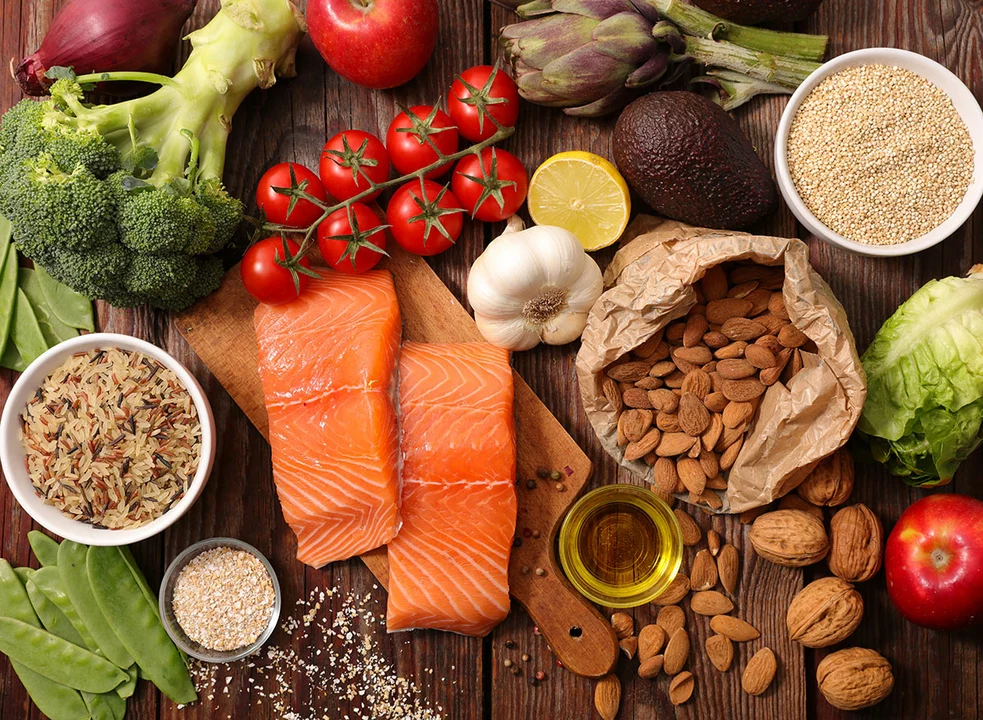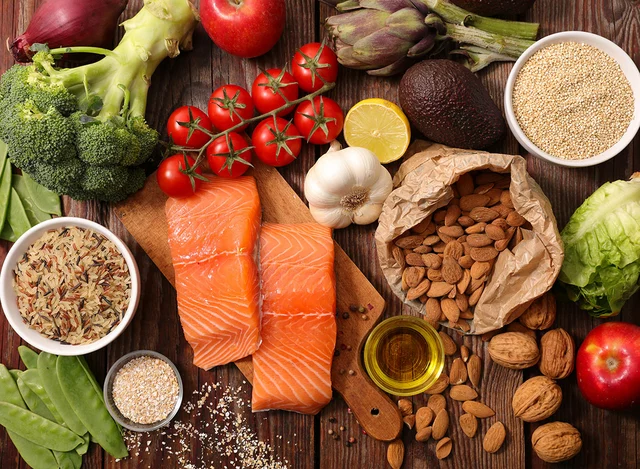Health Risks Every PSC Exam Candidate Should Watch
Preparing for the Public Service Commission exams can feel like a marathon. You spend hours reading, making notes, and solving practice papers. All that focus sounds great for scores, but it can also bring hidden health risks. Ignoring these risks may lower your energy, hurt your memory, and even cut your study time short.
Stress and Sleep – The Double Trouble
Stress is the most common health risk for any exam taker. When you worry about the syllabus, the deadline, or the results, your body releases cortisol. Too much cortisol makes it harder to concentrate and can cause headaches. The quick fix is to schedule short breaks every 45‑60 minutes. Stand up, stretch, and breathe deeply. This simple habit resets your mind and lowers stress levels.
Sleep is the other half of the problem. Many students think they can survive on four‑hour nights, but research shows that 7‑9 hours of sleep is essential for memory consolidation. If you keep pulling all‑nighters, you’ll notice slower recall and more mistakes. Try a fixed bedtime and a relaxing routine—like reading a light book or listening to calm music—to cue your body for sleep.
Posture, Eyes, and Nutrition – Everyday Risks
Most aspirants spend long hours at a desk or on a laptop. Slouching puts pressure on your spine, leading to back pain that distracts you from studying. Adjust your chair so your feet rest flat on the floor, and keep your screen at eye level. A quick ergonomic check can save you from sore necks and shoulders.
Eye strain is another hidden risk. Staring at a screen or a book for hours makes your eyes dry and fatigued. Follow the 20‑20‑20 rule: every 20 minutes, look at something 20 feet away for at least 20 seconds. Keep a bottle of water nearby and blink often to keep lenses moist.
Nutrition often gets overlooked when exams loom. Skipping meals or relying on junk food leads to energy crashes and weak immunity. Load your plate with protein, whole grains, fruits, and nuts. A handful of almonds or a banana can boost focus without the sugar spike that candy brings.
Lastly, stay hydrated. Dehydration can cause headaches and dull thinking. Aim for at least eight glasses of water a day, and keep a refillable bottle on your desk.
Balancing study time with these health habits isn’t a luxury—it’s a necessity. When you protect your body, your brain works better, and you’ll finish the syllabus with confidence. Remember, the goal is not just to pass the exam, but to stay healthy for the career that follows.

What is the most unhealthy Indian food?
- Date: 30 Apr 2023
- Categories:
- Author: Aarav Khatri
As a food enthusiast, I recently delved into exploring the unhealthy side of Indian cuisine. It turns out, the most unhealthy Indian food is arguably the deep-fried, calorie-laden samosa. While it's hard to resist the delicious taste of this popular snack, the high amounts of saturated fats and cholesterol in the dough and the filling make it an unhealthy choice. Moreover, samosas are often served with sweet and spicy chutneys, adding to the overall calorie count. So, as tempting as it may be, it's best to enjoy samosas in moderation to maintain a balanced diet.




